
How Nigeria Can Champion a New Era of Creative Recognition in Africa
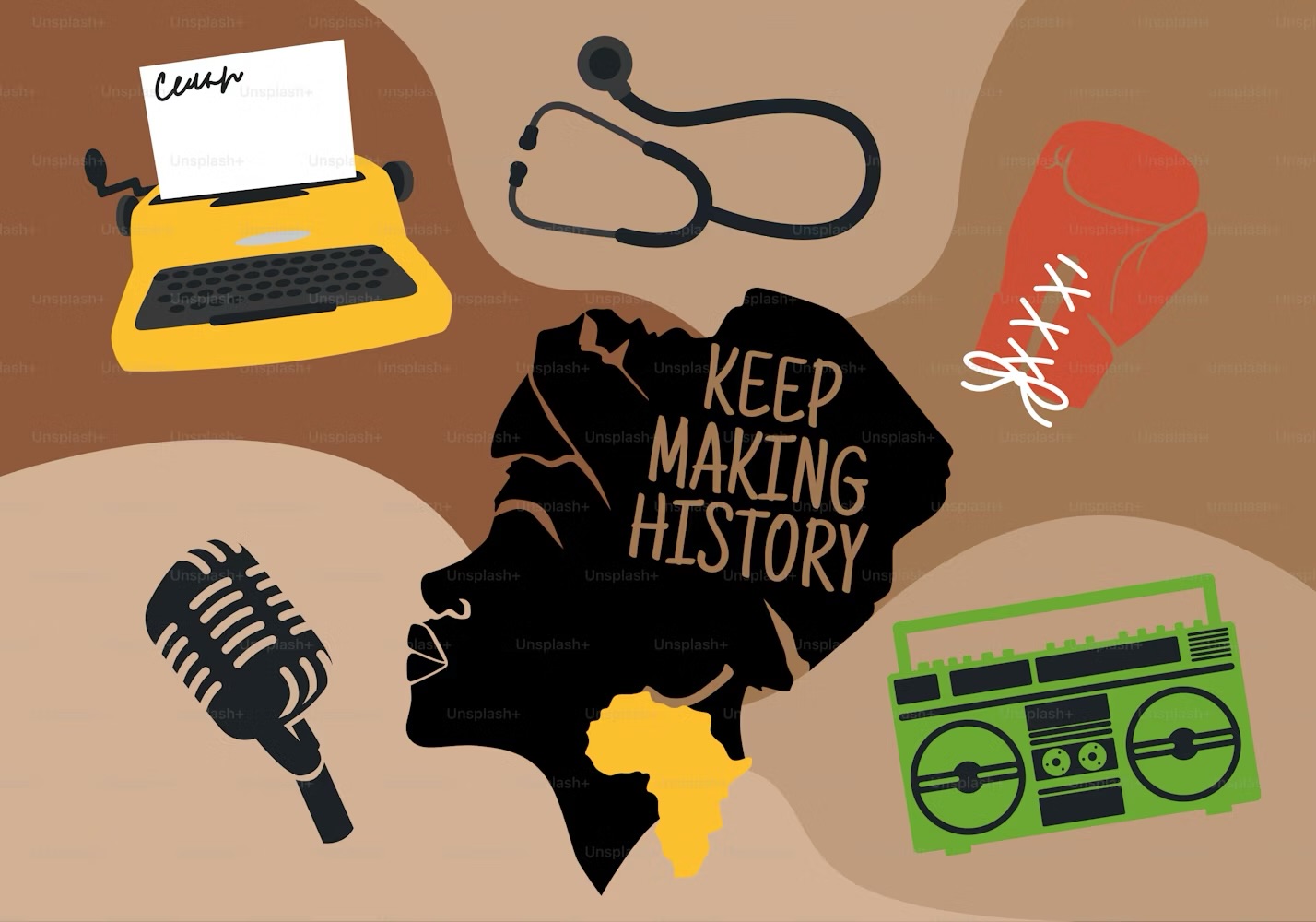
Nigeria’s creative industry has become one of its most recognisable exports. From Grammy-winning musicians to globally streamed Nollywood films and viral fashion trends to thought-provoking literature, Nigerian creatives are not just shaping local culture — they’re helping define Africa’s cultural identity on the world stage. But beneath this brilliance lies a sobering truth: many of these creatives are thriving in spite of the system, not because of it.
To understand how Nigeria can better support its creative sector and lead a new era of recognition across Africa, West Africa Weekly spoke to a cross-section of creatives across the country, from writers and filmmakers to content creators, visual artists, and fashion storytellers. Their responses paint a clear picture: talent is abundant, but support is scarce.
“We Need Systems That Actually Work”
“I think the primary challenge creativity faces in my part of the world is funding and general encouragement to pursue creative ideas,” says Itty Okim, a creative director and writer based in Lagos. “On every front, creative people need to be validated and made to feel seen.”
That validation, Okim says, isn’t just about applause — it’s about infrastructure: grants, art schools, mentorship programmes, and policies that recognise creativity as a viable economic and cultural driver.
If creativity is institutionalised in the +234, it would go a long way in helping creatives transcend borders with their work, he adds.
Currently, creative support systems in Nigeria remain fragmented and often inaccessible. While platforms like YouTube and Instagram provide visibility, they don’t offer sustainable growth for many creators.
As Chinonso Nzeh, a prize-winning writer and essayist from Lagos, explains: “Yes, social media gives you visibility, but you don’t know if your work is truly being read, taught, or archived. You just hear congratulations.”
For writers especially, there’s a growing concern that their rich and layered contributions are not valued in a society that prizes more “tangible” forms of success. “Nigeria is not art-conscious,” Nzeh adds, noting the lack of literary grants and critical engagement with work beyond awards or virality.
The Money Problem
Unsurprisingly, money remains a recurring theme. The high cost of living, lack of institutional funding, and limited private investment mean many creatives juggle multiple gigs just to survive.
“Art is expensive,” says Kobo Medlyn, a Port Harcourt-based influencer and content creator. “We need investment, funding or meaningful collaborations. Social media is great, but we need real-life chances to happen.”
Slim, a brand strategist and production creative, offers a practical suggestion: data grants. “Internet access is one of the limiting factors for Nigerian creatives starting from scratch,” he says. “If a creative can prove their work through a portfolio, they should be given a data grant. With access to the web, anything is possible.”
But beyond funding, there’s also a need for spaces that allow for experimentation, growth, and failure, luxuries not often afforded to creatives under economic strain.

Philip Fab-Uche, a lawyer and visual storyteller, believes Nigeria should consider building more residency-style opportunities tailored to digital and content creators.
Maybe something like art residencies for visual content creators. And more international collaborations that give local talents a wider reach, he says.
Beyond Hype: Building Cultural Institutions
According to Dimeji Ogunranti, a Lagos-based filmmaker and documentary storyteller, the problem isn’t just about access but also depth. “Nigeria can lead by building platforms that don’t just export hype but context,” he says. “We should invest in telling deeper stories across languages, tribes, and formats.”
For Ogunranti, creativity isn’t just a product; it’s a tool for preserving history, identity, and memory.
If we fund and protect cultural archives, support public arts education, and open up international exchange programmes, we can show that African creativity is not just trendy. It’s essential.
His suggestion ties into a broader need for strong institutions — museums, festivals, funding bodies, training academies — that don’t just reward popularity but cultivate legacy. Without these, Nigeria’s creative boom risks remaining unsustainable, driven more by individual genius than collective structure.
What the Government Isn’t Doing
Many of the creatives interviewed expressed frustration with Nigeria’s government.
Our government has been a pain in the ass, Medlyn says bluntly. The systems, laws, and structures we have don’t help us grow — they crush dreams.
This sentiment is echoed widely in the creative community. While cultural policymakers occasionally tout the “Orange Economy” as a key growth sector, real investment has been minimal. Bureaucracy, censorship, and a lack of political will continue to stall meaningful cultural development.
Meanwhile, private organisations have filled some gaps, like the Lagos Biennial, ART X Lagos, Lagos Fashion Week, Ake Arts and Book Festival, the Africa Magic Viewers’ Choice Awards (AMVCA), Felabration, and The Headies, and Africa NXT. Still, they can’t replace the need for public investment in creativity as infrastructure.
READ MORE: Navigating Nigeria’s Job Crisis, Stories From A Generation In Limbo
What a Creative Future Could Look Like
Nigeria needs government-led initiatives and grassroots empowerment to champion a new era of creative recognition truly. This includes introducing public funding, such as grants and data subsidies, particularly for artists in less visible regions.
Reviving university art departments and creating specialised institutions for fields like film, fashion, and music would also build a stronger foundation.
On an international scale, Nigeria could engage in cultural diplomacy by establishing creative exchange programmes, protecting copyrights, and forming global festival partnerships.
Equally important are local platforms — film festivals, galleries, writing workshops — that showcase talent beyond Lagos and Abuja.
Nigeria’s cultural power isn’t in question. Its music leads global charts. Its films are shown at TIFF, Sundance and, more recently, the Cannes Film Festival. Its literature appears in The New Yorker and Granta. But without deeper structures, this power remains unstable, reliant on the hustle of individuals rather than the vision of a nation.
As Itty Okim so clearly puts it: “Nigerian creatives are already doing phenomenal work across the globe. Imagine if we had schools and policies focused on helping us grow. The sky would only be a starting point.”
About The Author
Related Articles
Wizkid, Rema and Tyla Make Spotify’s 100 Greatest Pop Songs of the Streaming Era
African music has secured another global milestone as Wizkid, Rema and Tyla...
ByWest Africa WeeklyMarch 2, 2026Nigeria Film Industry Calls for Cheaper Tickets and Decentralised Cinemas to Boost Nollywood
Nigeria’s film industry is at a critical crossroads as experts warn that...
ByWest Africa WeeklyFebruary 23, 2026Tems, Burna Boy Set New Billboard Hot 100 Record for African Artistes
Nigerian music stars Tems and Burna Boy have set a new milestone...
ByWest Africa WeeklyFebruary 19, 2026Tyla Wins Best African Music Performance at 2026 Grammys
South African singer Tyla has won the Best African Music Performance award...
ByWest Africa WeeklyFebruary 2, 2026



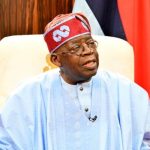




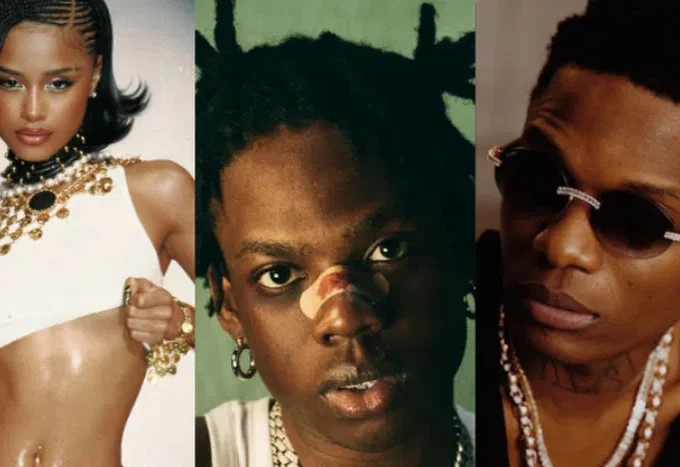
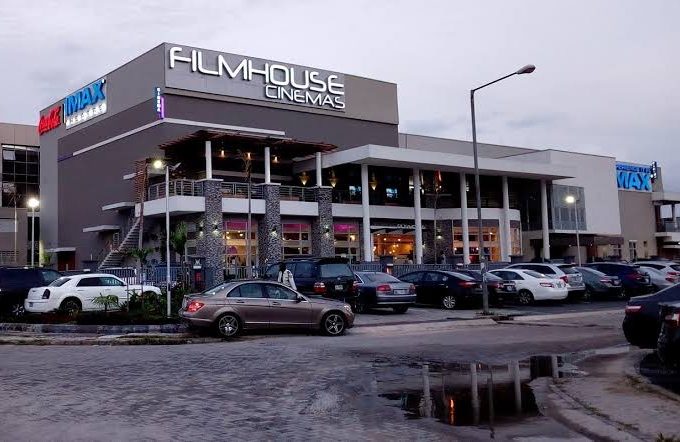
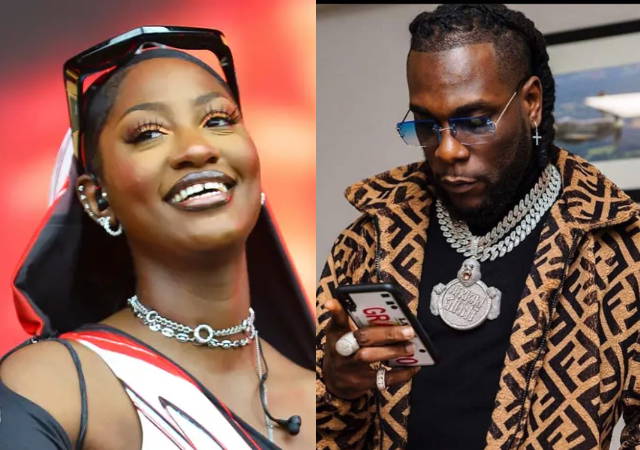

Leave a comment